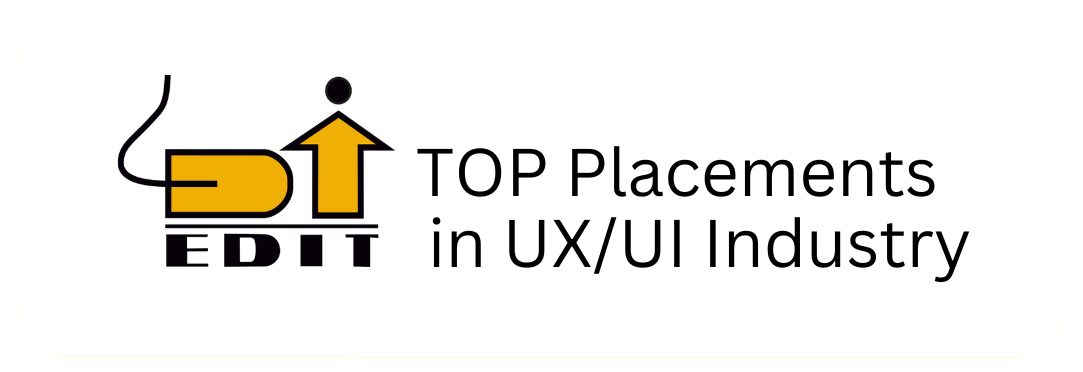Getting Started with Figma: A Comprehensive Guide for Beginners

In the dynamic world of UI/UX design, Figma has emerged as a powerful and collaborative design tool, revolutionizing the way designers create and collaborate on digital projects. For beginners eager to explore the capabilities of Figma, this comprehensive guide aims to provide a step-by-step introduction, ensuring a smooth onboarding process. At EDIT Institute, we understand the importance of mastering industry-standard tools, and Figma is no exception. Let’s embark on a journey to demystify Figma for beginners.
1. Introduction to Figma
This chapter serves as an orientation to Figma, introducing its key features, advantages, and its pivotal role in the design workflow. Beginners will gain insights into why Figma has become a preferred choice for designers and the collaborative benefits it offers.
2. Setting Up Your Figma Account
Before diving into the design process, it’s essential to set up a Figma account. This section provides a detailed walkthrough, guiding beginners through the account creation process, account settings, and the basic configuration needed to kickstart their Figma journey.
3. Navigating the Figma Interface
Understanding the Figma interface is crucial for efficient design work. This chapter breaks down the interface elements, including the canvas, layers, tools, and panels, ensuring that beginners feel comfortable navigating within the platform.
4. Creating Your First Design in Figma
Now that you’re acquainted with the basics, it’s time to start designing. This section takes beginners through the process of creating their first design project in Figma, covering artboards, shapes, text, and other fundamental design elements.
5. Collaboration and Prototyping in Figma
Figma’s real strength lies in its collaborative features and prototyping capabilities. This chapter explores how to collaborate seamlessly with team members, share designs, and create interactive prototypes within the Figma platform.
6. Advanced Features and Tips
As users become more proficient, they can explore Figma’s advanced features to enhance their design workflow. This section introduces advanced tools, shortcuts, and best practices to optimize efficiency and creativity in Figma.
Conclusion:
Embarking on the journey of learning Figma is an exciting step for any aspiring UI/UX designer. At EDIT Institute, our commitment to providing a comprehensive education includes empowering beginners with the skills to navigate industry-standard tools.
This guide serves as a valuable resource, ensuring that beginners not only get started with Figma but also gain the confidence to explore its full potential. Join us, and let’s unravel the world of Figma together.
